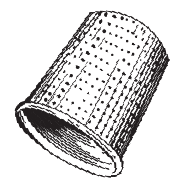The endless room pock-marked by polka-dotted floor tiles,
each inch repeats under pin pricks of lights.
My younger brother and I step in, huddled
by dimness, uncertainty: Where do the walls begin? Who’s here?
Where are we?
Our darting eyes cover the illusory bend of infinity
in—or only on?—the mirror-covered ceiling and walls.
We stay close in this ill-lit moment,
close to our own surface representations, interrupting
The flow of our selves or, rather, our mimetic selves,
these iterative copies ceaseless, senseless,
created in the present by our presence,
but altered by—Is it plastic? Is it glass?—
The adjacent self in the curve toward the unlimited,
revealing now a series of imperfect selves,
or, rather, images of imitations distorted
of my brother, mouth agape, turns worried eyes to me
What he calls his Chinese eyes, his Chinese face,
his version of the vestigial term mongoloid,
now discredited, but what I’ve thought of
his verb-of-being conundrum: Is or has?
And that, these decades later, remains
in my thinking a question—He is? He has?—
even in this moment as an impish light
erases the worry behind his glasses.
He dances: Arms raised and spinning, he laughs, inspired
by all these hims and mes, the gift of Yayoi Kasuma.
He shouts, “Polka dots!” and keeps spinning,
his true self reveling in the surprising reality that goes on and on and on



Wonderfully written, especially the summation which I couldn’t tell if the narrator was also reveling with his brother’s dancing to these verbs, or if he thought it a bit absurd, and that’s where his joy came in?